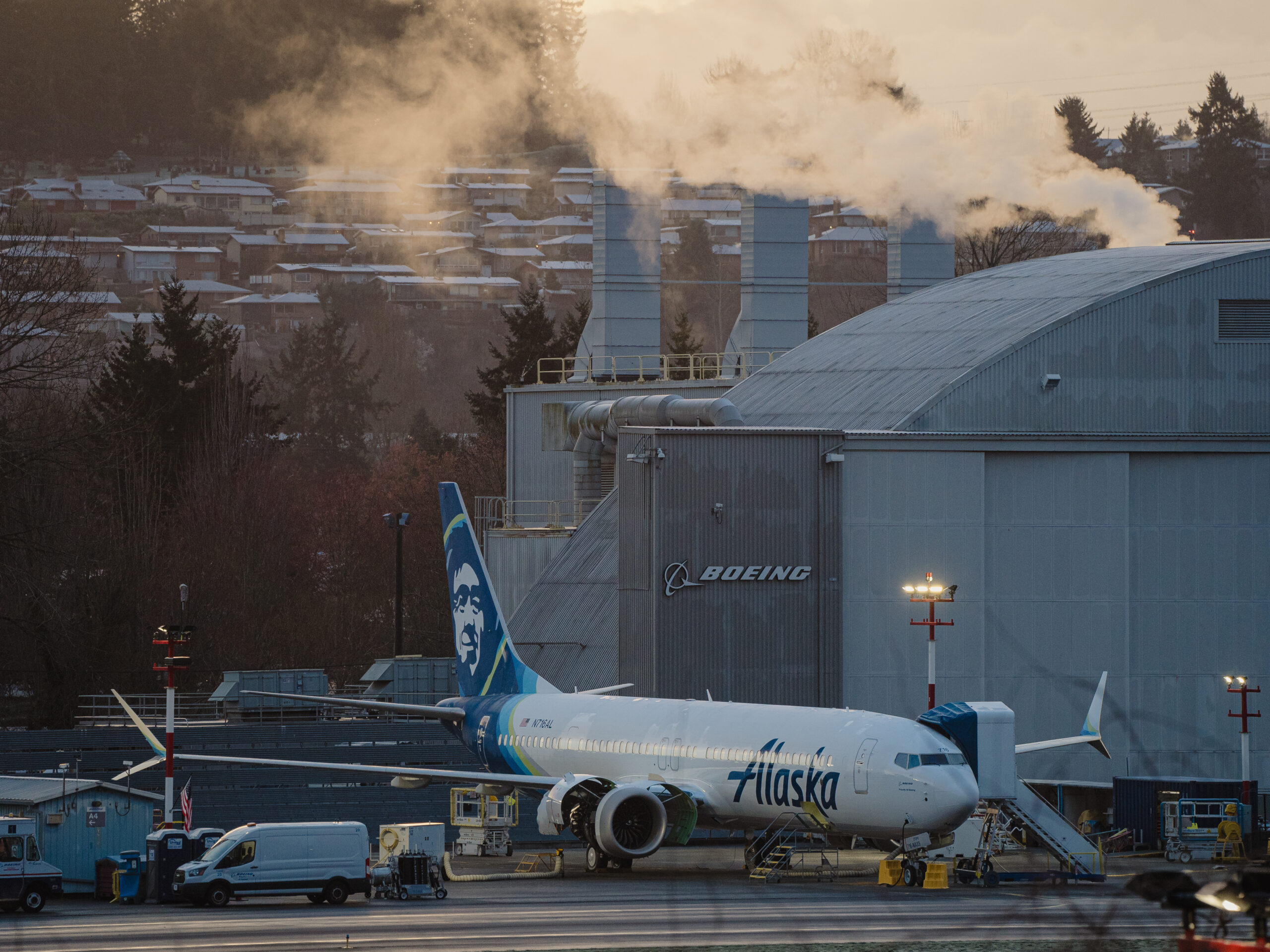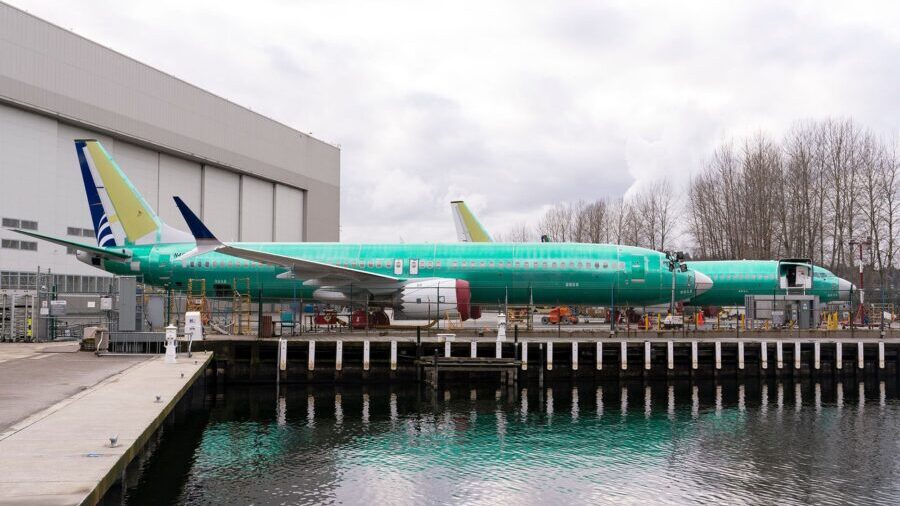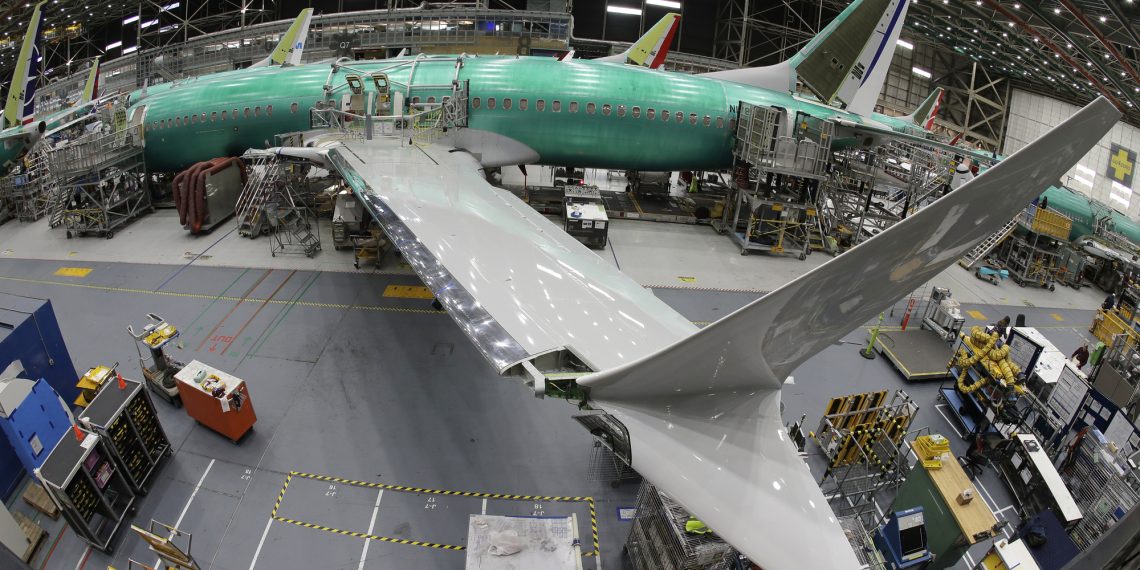The Federal Aviation Administration (FAA) has disclosed the results of its audit into Boeing and Spirit AeroSystems, revealing multiple instances of alleged non-compliance with manufacturing quality control standards.
Following a mid-air emergency involving an Alaska Airlines 737 MAX 9, the FAA identified deficiencies in Boeing’s manufacturing processes, including issues with product control, parts handling, and storage.

Spirit AeroSystems, responsible for manufacturing the fuselage for the MAX, has stated its cooperation with Boeing and the FAA to address the findings.
While the FAA has not specified corrective actions, Boeing has emphasized its commitment to resolving the issues identified in the audit. This announcement comes as Boeing is engaged in discussions to acquire Spirit AeroSystems, a former subsidiary spun off in 2005.
FAA Administrator Mike Whitaker has urged Boeing to develop a comprehensive plan to address systemic quality control issues within 90 days, following discussions with CEO Dave Calhoun. Boeing’s leadership has expressed full commitment to meeting the FAA’s expectations and addressing concerns.

The FAA’s scrutiny follows Boeing’s efforts to enhance safety procedures after the mid-air incident, which resulted in the grounding of the 737 MAX 9 for several weeks in January. Investigations are ongoing to determine the authorization process for work on the plane, particularly regarding the door panel.
This latest development underscores the ongoing efforts by regulatory authorities to ensure compliance with safety and quality standards in the aviation industry. Boeing’s response to the FAA’s findings and its commitment to addressing the identified issues will be closely monitored in the coming months.





